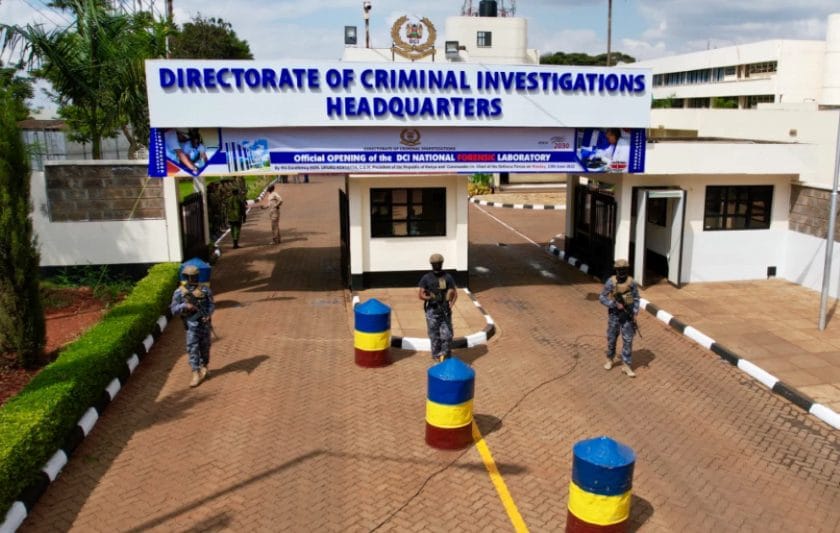A woman has sued popular Mugithi artist Samuel Muchoki, known as Samidoh, accusing him of raping her during his 2021 US tour and asking Kenyan courts to force police and other agencies to act. The High Court has already issued interim orders to protect the woman and to preserve evidence while investigators and prosecutors respond.
The woman, named only by the initials M.R.W. in court papers to protect her identity, says the alleged assault happened on November 28, 2021, at an Airbnb in Overland Park, Kansas. She told the court she reported the matter to the Overland Park Police Department and later to the Kansas District Attorney’s Office, but the case has not gone to trial in the US. She also says she reported the matter to Kenya’s DCI in June 2025, but that no action followed.
Justice Lawrence Mugambi granted an interim non-contact and non-interference order. The judge barred Samidoh, his agents or anyone working for him from contacting, intimidating or harassing the woman while the court deals with the petition. All pleadings and documents in the case were sealed and the judge said parts of the hearing could be held in camera to protect the victim.
The court also ordered the police to forensically secure and preserve documentary, digital and electronic evidence. The petition says M.R.W. has audio recordings and messages that she says show the alleged assault and later threatening or insulting communications from the artist. Her lawyers asked the court to direct the Attorney-General to seek mutual legal assistance from US authorities to collect certified police and prosecutorial records.
Kenyan law allows such actions. Section 41 of the Sexual Offences Act gives courts jurisdiction to try sexual offences committed abroad by Kenyan citizens as if they happened in Kenya, though a person cannot be tried here if they were already convicted or acquitted abroad. That is why evidence from the US will be central if prosecutors move the case forward.
Samidoh has reacted on social media, saying he will not bow to threats. “A spine that bends to threats will never stand tall in freedom,” he wrote in a post that media outlets have reported. His statement came after the High Court issued orders including a possible surrender of his passport in related proceedings.
Reactions on X were sharp and split. Many users questioned the timing and the venue of the complaint, asking why an incident said to have happened in the United States in 2021 is being raised now and suggesting the matter should have involved US police. Others linked the allegation to politics, saying the case surfaced after Samidoh became more active in public life and calling the timing “suspicious” or possibly motivated.
The event occurred in 2021 but only comes to surface after Samido taking an active role in politics – coincidence or foul play? Only time will tell.
— THEE ALFA HOUSE (@thee_alfa_house) September 2, 2025
If it happened during US tour, why is she blaming IG, DCI etc she should be among FBI and specific US State or County police units. Alafu 2021 yawa. Rape is the easiest weapon a woman can use to bring down a man
— Plata o Plomo (@AkelloEugene) September 2, 2025
Government still in pain letting the man go after resigning as police. Thy are using everything to ensure they struggle him around with nonsense cases
— JESSE ABISHECK (@Jesseabisheck) September 2, 2025
What happens next is procedural but important. The DCI must forensically secure the evidence named in the court order. The Attorney-General’s office is the central authority for mutual legal assistance and can request records from US authorities under established MLA rules. If evidence is obtained, the ODPP will decide whether to charge. If not, the matter could stall.
This case tests how Kenya handles transnational sexual-assault allegations: protecting victims, preserving fragile digital evidence, and using international co-operation to seek justice. The court’s protective orders give the woman space to pursue her claims. Now the state agencies must move fast so evidence is not lost and the law can run its course.
Featured image via Screengrab







